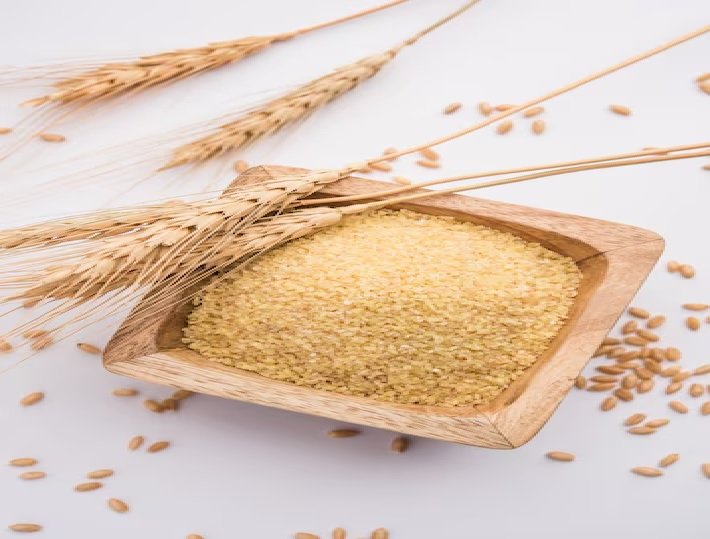Bangladesh government decides to import 13 lakh tonnes of rice and wheat
23-Jan-2025 11:36 AM

The Bangladesh government's decision to import 13 lakh tonnes of rice and wheat highlights the challenges they’re facing in ensuring a stable food supply amidst price volatility.
Despite recent Aman paddy harvests, rice prices have surged, likely due to lower-than-expected production and insufficient government stockpiles.
The situation is further complicated by the impact of floods and heavy rains in 2024, which affected the Aus and Aman rice crops.
The move to import rice and wheat aims to stabilize domestic prices and increase supply. The government is working on securing imports through contracts and international tenders, prioritizing neighboring countries to reduce costs.
This is a proactive response to the current shortage, especially since the Boro season is expected to provide better yields, but waiting for it to happen isn't an option given the pressing need for rice now.
The situation underscores the delicate balance between domestic production, external factors like weather, and the influence of market forces. It also points to the vulnerability of the food supply chain, especially when stocks run low, and traders take advantage of the circumstances to hike prices.
It will be interesting to see how these imports impact the market and whether the government’s strategy can effectively curb price instability. Do you think these measures will be enough to stabilize the market in the short term?
